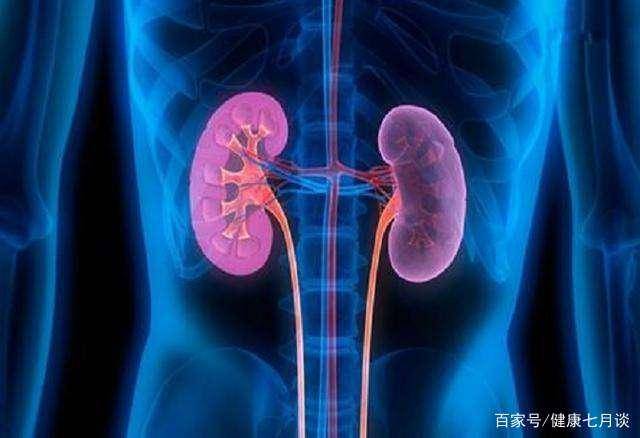The kidneys are the foundation of congenital nature, one of the most important organs in the human body, responsible for functions such as excretion, regulation, and endocrine. It serves as the body’s wastewater treatment system, eliminating metabolic waste and certain toxins through urine production. Therefore, the health of the kidneys is crucial for one’s overall well-being.
Especially for males, the condition of the kidneys not only impacts health but also relates to matters of pride. No male would want their kidneys criticized.
Since urine is produced by the kidneys, the health of the kidneys can be reflected through urine. Especially the first urine in the morning.
If none of these conditions are present, it indicates good kidney health.
Foamy urine: Foamy urine during urination is a common occurrence due to factors like rapid urination or a higher position. However, if the foam is dense, lasts for more than 20 minutes, and does not dissipate, it could be a sign of proteinuria caused by nephritis. Immediate medical evaluation is advised.
If urine foam is large and quickly dissipates, it indicates no issues.
Weakened urine stream: Following a night of sleep, the kidneys accumulate a considerable amount of urine, resulting in a forceful early morning urination. A strong urine stream that forms an arc is usual; however, if there is weak morning urination, incomplete urination, or splitting of the stream leading to drips on clothing or shoes, kidney health should be scrutinized.
Abnormal urine color: Normal urine is transparent with a pale yellow color that can vary based on factors like water intake and sweating. Some foods or medications containing carotene can cause urine to appear orange-yellow. If urine is dark, deep yellow, or even red under normal diet and water intake conditions, it may signal a renal health alert.
In addition to urine, kidney health may manifest in various bodily signs. Regardless of gender, if none of these problems arise, it indicates good kidney health.
Hair loss: There is a close relationship between the kidneys and hair. Kidney issues can lead to hair loss. Excessive hair fall during morning combing, even in handfuls, indicates the need for kidney care. While hair loss is normal with about 50-60 strands daily, significant hair loss during each touch suggests an issue.
Edema: Edema can result from various causes, with kidney problems being a common one since the kidneys regulate water balance. Swelling in the eyelids, ankles, or extremities in the morning after little or no nighttime water consumption, which retains a visible imprint when pressed, is likely due to renal edema.
Lower back pain: Morning-onset lower back pain is often attributed to poor sleep, but it could also indicate kidney issues since the kidneys are positioned in the lower back. Prolonged lower back pain should prompt kidney evaluation.
Dizziness and tinnitus: The kidneys are believed to influence hearing ability; therefore, kidney deficiency can lead to hearing issues manifesting as dizziness and tinnitus. Proper kidney care is essential, especially during kidney yin deficiency. Apart from medical recommendations, consuming dark foods and engaging in regular exercise is advised.
Heel pain: Some individuals experience instability and heel pain upon waking up, indicating kidney problems since the kidney channel travels through the heel. Kidney deficiency can lead to bone marrow deprivation, causing heel pain.
To maintain kidney health, daily practices should include:
Avoiding holding urine: Delaying urination frequently strains the kidneys and may lead to pyelonephritis, impacting kidney function.
Avoiding prolonged sitting: According to the Huangdi Neijing, excessive sitting can harm the kidneys. Prolonged sitting compresses the lumbar kidneys, affecting bladder function and potentially causing kidney abnormalities.
Increasing water intake: Drinking an adequate amount of water promotes blood circulation and aids in toxin elimination, reducing the risk of kidney stones and easing the kidneys’ detoxification burden.
Reducing salt intake: Excessive salt harms the kidneys by increasing blood pressure, disrupting normal blood flow, and potentially causing diseases. Controlling daily salt intake is vital, with adults advised not to exceed 5 grams per day.
Engaging in physical activity: Exercise boosts metabolism and maintains kidney health. Consistent aerobic exercise for 30 minutes daily promotes kidney health. Massaging the waist area with both hands regularly helps activate the kidney channel.


